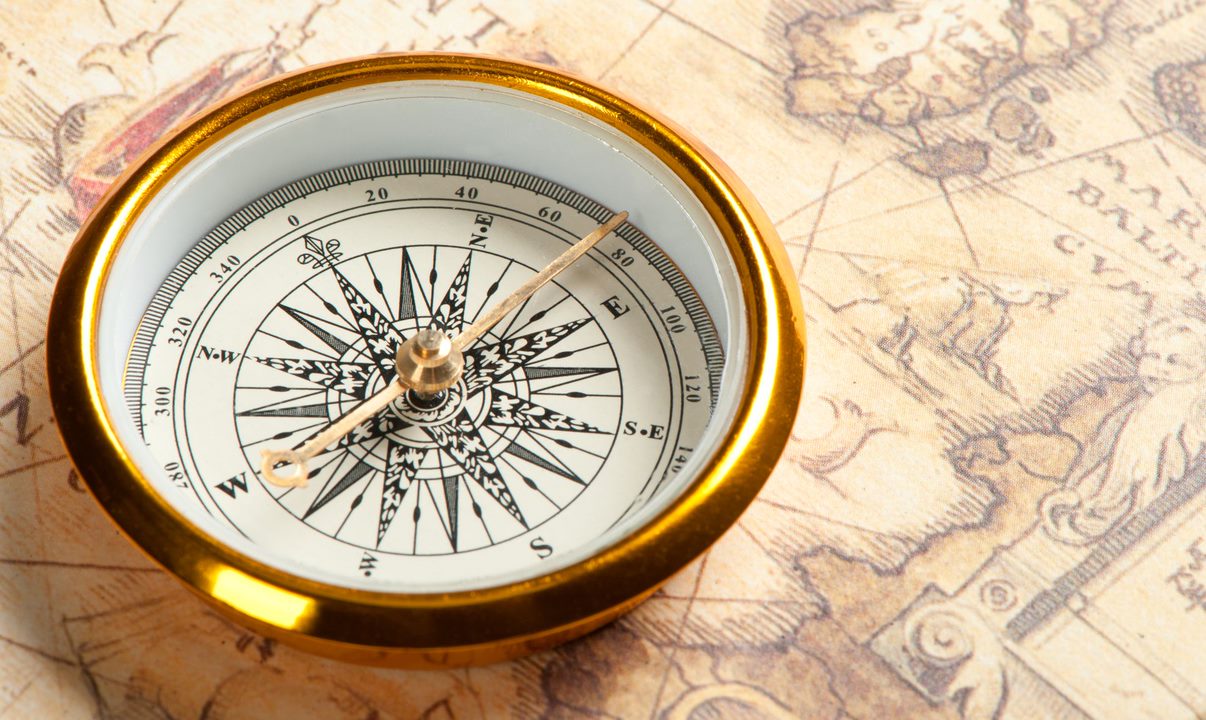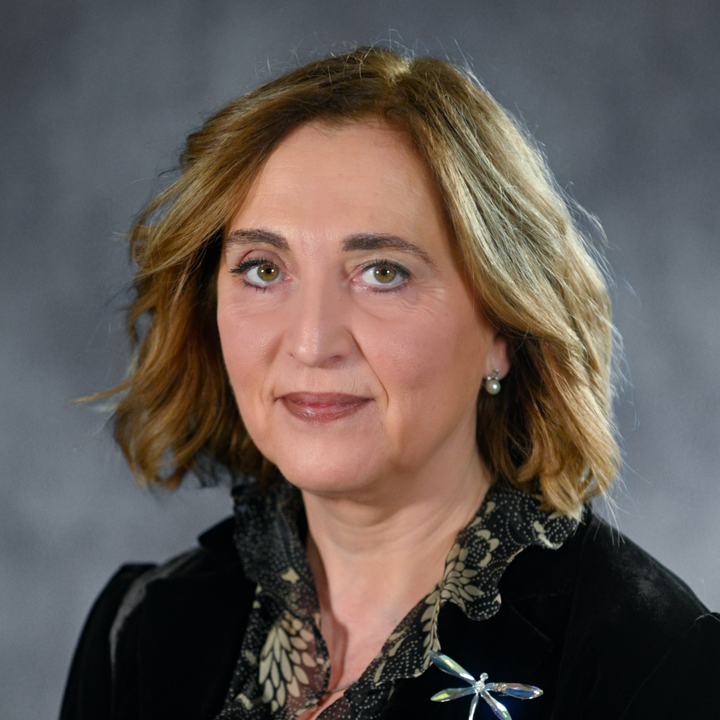The Master Degree in International Relations aims to provide students with specific and qualified skills in the field of International Relations. In fact, only by mastering these tools will they be able to analyse, interpret, assess and manage the global scope of political phenomena and their relative policies, as well as general economic and social aspects inherent to the relations among countries, public and private institutions and national and international, governmental and non-governmental organizations. Thanks to its multidisciplinary approach, the course intends to equip students with the essential elements to engage in decision-making and problem-solving activities in complex, changing contexts that are radically different from their own.
Graduates in International Relations will acquire specific languages and basic tools for the theoretical and empirical analysis of every discipline and an advanced preparation in the classical disciplines of International Relations (law, history, economics, politics and language). They shall develop excellent, both written and oral skills in a European language and a second European language or a good competence in a non-European language. They shall gain the necessary knowledge to understand the perspectives of their interlocutors and to critically analyse the socio-economic and socio-cultural processes of today's international society. At the same time, graduates shall follow a multidisciplinary and crosswise approach to acquire essential conceptual, methodological and analytical tools and an advanced level of historical, political and legal knowledge, integrated with a preparation focusing on the main technological and geopolitical changes introduced by the digital age. They shall propose innovative IT solutions and decision-making processes often based on information extracted from large amounts of data.
Study abroad
The course has an agreement with the 'Affaires et Négociation Internationales' pathway of the Master in Langues Etrangères Appliquées at the Université de Lille - France (Sciences Humaines et Sociales) for the award of a double degree. There are also numerous opportunities offered by the University for study periods abroad in important European Universities.
Useful information on the degree course
The course strongly aims at stimulating a transversal approach that combines the solid knowledge in the traditionally characterising fields of the Master's degree courses in International Relations with an innovative integration of the traditional scientific areas of International Relations and provides a set of courses analysing the main technological and geopolitical changes taking place in the Digital Age. In addition, it pays particular attention to the deepening of theoretical and practical knowledge, also through the attendance of seminars, workshops and laboratories on specific topics and the enhancement of soft skills, aimed at providing the now indispensable and necessary skills of specialisation and synthesis, at developing problem solving and communication skills and at stimulating an aptitude for team work. To this end, traditional frontal teaching is supplemented by a practical approach aimed at achieving active student participation. Students will be able to customise their training by using the credits provided for the disciplines of their choice. Enrolment in the Course allows participation in the activities of the Germany-Italy-Europe Observatory and of the "Cenacolo di Studi Diplomatici e internazionali".
Internship
The course includes internship activities at highly qualified national and international institutions and organizations, both public and private, in the field of international relations, including:
- Presidency of the Council of Ministers (Italy)
- Ministry of Foreign Affairs and International Cooperation
- Representation in Italy of the European Commission
- Representation in Italy of the Konrad Adenauer Foundation
- Embassy of the United States of America
- British Embassy
- Delegation of the European Union to the Holy See, Order of Malta, UN Organizations in Rome, and to the Republic of San Marino
- NATO Security Force Assistance Centre of Excellence
- Accademia dei Lincei
Further academic pursuit
The preparation offered allows not only direct entry into the world of work but also the continuation of postgraduate education: research doctorates and second-level master's degrees, including, in particular, the second-level university Master's degree in Experts in Politics and International Relations, available at the LUMSA Master School.
Other information
LUMSA University promotes international exchange and offers to enrolled students several mobility opportunities for study and traineeship abroad through up to 242 agreements with universities from Europe, Argentina, Brazil, Canada, China, India, Mexico and USA. Moreover, students can take part to one of double degree program developed with the Université de Lille (France) as part of the Master in Langues Entrangères Appliquées (Affaires et Négociation Internationales).





